Delaying streams with RxJS debounceTime
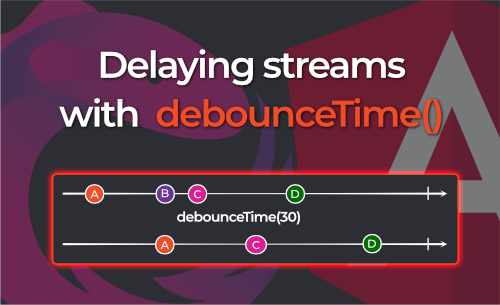
The RxJS debounceTime operator delays values emitted by a source Observable. It does this by waiting for a specified amount of time called (in milliseconds) and then emitting the value when the specified amount of time has elapsed.
Unless a new value is emitted from the source Observable before the delay time is up, then it:
- drops the previous value
- emits the new value from the source Observable
- resets the timer and starts waiting again for the specified time
This behavior can be used to filter out the unwanted values or to only emit the last value of a series of rapidly emitted values.
This makes the debounceTime operator very helpful when creating a real-time search and autosave.
Basic Usage
const result = fromEvent(document, 'click')
.pipe(
// Click event is delayed for 1000ms or 1s
// It emits the most recent click event, even after burst clicking
debounceTime(1000)
);
result.subscribe(value => console.log(value));
Real-time search with debounceTime
When the user types in a search bar, we can use debounceTime to prevent sending a request for every keystroke and instead wait for a time to elapse before sending the request to the server.
In a previous blog post, I created a real-life example of how to create a typeahead with the switchMap and debounceTime operator.
@Component({
...
template: `
<input [formControl]="searchBar" type="text">
`,
})
export class AppComponent {
public readonly searchBar = new FormControl();
public readonly searchResults$ = this.searchBar.valueChanges.pipe(
debounceTime(1000), // Waits for 1000ms or 1s before emitting
distinctUntilChanged() // doesn't emit if current value = previous value
);
constructor() {
this.searchResults$.subscribe((query) => {
console.log(query);
});
}
}
Autosave with debounceTime
When a user is typing in a form, we can use debounceTime to prevent saving after every keystroke and instead wait for a time before saving the changes to the database.
@Component({
...
template: `
<form [formGroup]="form" (ngSubmit)="save()">
<input type="text" formControlName="firstName">
<input type="text" formControlName="lastName">
<button type="submit">Save</button>
</form>
`,
})
export class UserFormComponent implements OnInit {
...
public readonly form = this.fb.group(...);
ngOnInit() {
this.form.valueChanges
// Wait for 500ms after each keystroke before saving the user
.pipe(debounceTime(500))
.subscribe((user: User) => {
this.userService.saveUser(user);
});
}
...
}
Check out the full example on Stackblitz
Conclusion
debounceTimedelays emitted values from a source Observable- previous emitted values are dropped when a new value comes in before the delay is up
debounceTimeis a helpful operator when creating a real-time search and autosave
Other articles you might like
-

Generating icon components from SVG files with NX and Angular
-

Angular + NGINX + Docker
-

How to Call the OpenAI API Directly from Angular (with streaming)
-
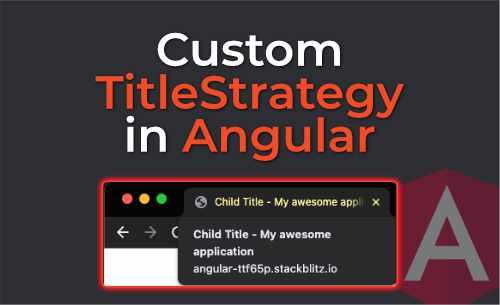
Custom TitleStrategy in Angular
-
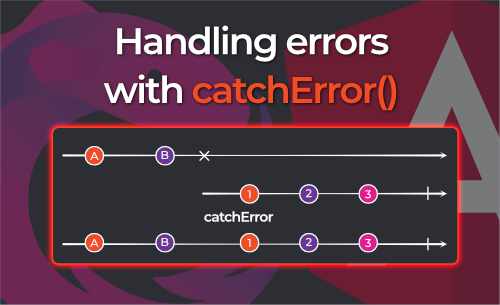
RxJS catchError: error handling
-
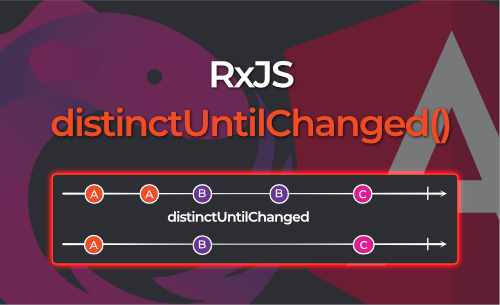
RxJS distinctUntilChanged: filtering out duplicate emissions
-
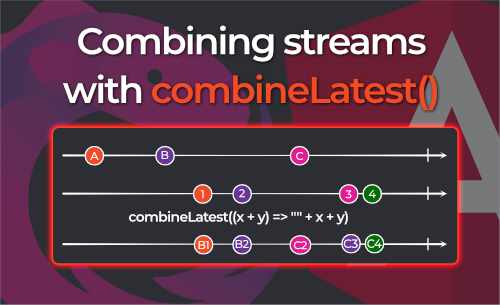
RxJS combineLatest: how it works and how you can use it in Angular
-
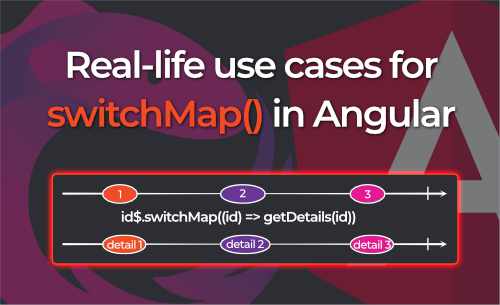
Real-life use cases for RxJS SwitchMap in Angular
-
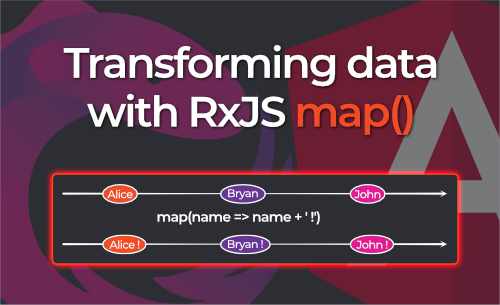
Transforming data with the RxJS Map operator
-

Typesafe view models with RxJS and Angular
-

Reactively storing and retrieving URL state in Angular
-

Let's build an Image Generator with OpenAI and Angular
-

Why you should externalize your Angular Configuration
 Written by Bryan Hannes
Written by Bryan Hannes